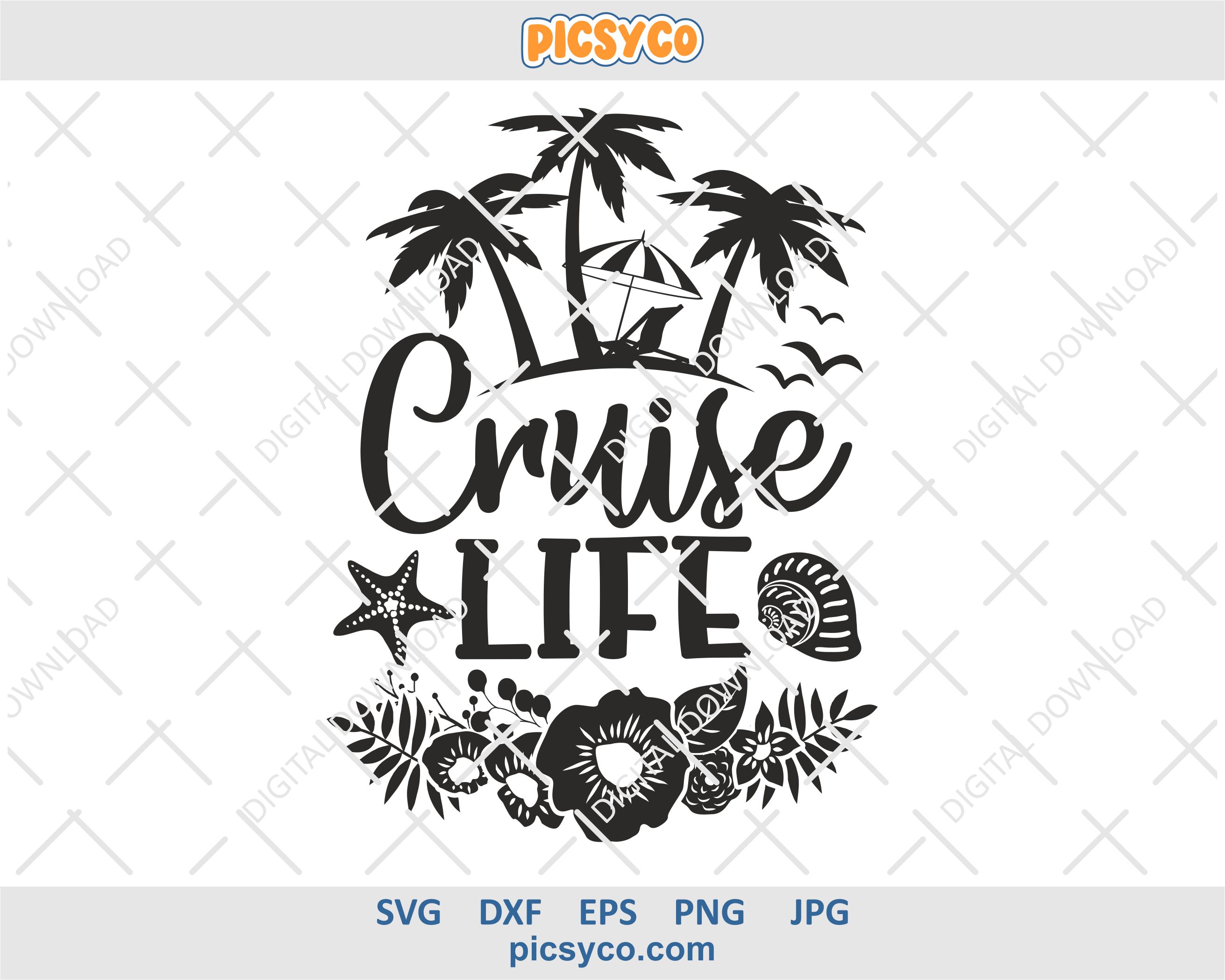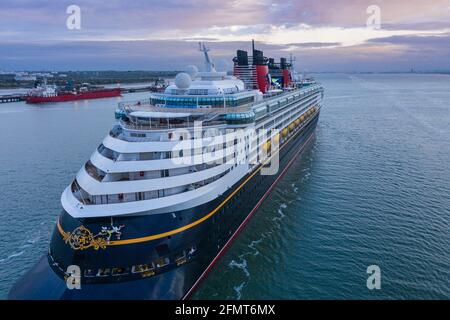
Cruise waiter jobs offer an exciting way to travel the world. This job involves serving passengers and helping them during special events and meals. They maintain cleanliness in dining areas.
You must be patient and able communicate well with customers to work as a waiter. You need to be able and willing to explain the menu items to others, as well as answer their questions. A good understanding of wine is also a must.
Serve passengers, clean tables, and operate cash systems are just a few of the duties. You can work at different cafes, restaurants, and nightlife venues. The majority of these jobs require a highschool diploma and some experience working in the food- and beverage industry.
Other requirements for the job include excellent communication skills and the ability to provide exceptional service. Awaiters should have positive attitudes and strong interpersonal skills. Awaiters must be reliable, punctual and professional at all times.

The cruise line, passengers and work hours of waiters on cruise ships can all affect the amount of their salary. The median monthly salary is between $22,000 and $35,000 U.S. The salaries may vary depending on how much gratuity is earned from passengers.
These positions, such as waiter or steward on cruise ships, are very challenging. These positions will require you to stand up for long periods of work and to climb stairs. You can still make a good living if you work hard. You can make this a fun and rewarding job if you have a positive outlook.
You must be able to communicate effectively and have patience if you're applying to waiter jobs on cruises. You might be asked to greet passengers upon their arrival.
The average cruise line contract for an employee is 6-8 months. This includes between 6 and 8 weeks vacation. You will receive training sessions once you are hired to learn about the ship, and other regulations.
You will see an improvement in your performance after completing the training. This will also help you prepare for advancement. Waiter work is extremely lucrative. You can also spend your time in the ports as a waiter. With a career as a waiter, you can also be offered opportunities to serve afternoon teas and evening entertainment.

If you're applying for a job as a waiter on a ship, make sure to highlight your achievements and skills. Your work history and relevant certificates should be displayed on your resume. You should also have a positive attitude and a passion for helping others. It is important to have a passion for travel.
Whether you are applying for an entry-level waiter position or for a more senior position, you must have a high school diploma and some prior experience. If you have a hospitality degree, you will have a competitive edge. You can also have an advantage if your language skills are second to none.
FAQ
These are the 4 factors that determine the cruise's cost.
The most important factors that determine the cost of a cruise include the amount of time you wish to spend onboard, whether you prefer an all-inclusive package or how many people you intend to bring along and the type of cabin you booked.
What does a cruise vacation look like?
A cruise vacation costs $1,000 per person plus taxes and fees. The average cost for a family vacation is $4,200. This includes all meals, drinks, entertainment, activities, excursions, port charges, gratuities, and shipboard amenities.
What is the travel time to the port?
It depends on many factors such as the distance between the port & the ship and the speed at which it travels. Not all ships dock near shore. They can then unload their passengers very quickly. Other ships dock further away from land, so it takes longer for the ship to arrive.
Where do cruises actually start?
Cruise vacations typically begin in Miami, Florida. This city has both international and domestic airports. These two locations offer passengers the opportunity to explore South America or Europe.
Are there any downsides to cruising
There are some important things to consider when considering the pros & cons of cruising. Some people don't like spending their entire vacation on boats. Others might prefer to stay closer to shore or in a hotel. Some people may feel uncomfortable living so far from land. These concerns can be overcome by choosing a cruise that allows for plenty of time on the shore.
What should I do on my cruise?
You should think about where you would like to go if you're interested in visiting other ports of call. This information will help you narrow your search. If you are passionate about history, you may want to take a cruise that takes you to places like Alaska, Bermuda and Canada. You might prefer a cruise that includes beaches and water sports such as Jamaican, Aruba, Costa Rica or Panama, Tahiti or Costa Rica.
Statistics
- The line estimates savings of 50% when you purchase this bundle. (travel.usnews.com)
- In addition, 10 to 15 percent gratuity is typically added to bar bills — for alcohol and soft drinks — and gratuities are applied to spa treatments. (cruiseline.com)
- You can save 15% off the total price if you book in advance of your trip. (travel.usnews.com)
- You'll need to budget around $80 per person per day for this option – and an additional 18% gratuity. (travel.usnews.com)
External Links
How To
How to be safe on a cruise ship
On a cruise ship, there are many things you should know before embarking on your journey. Behave properly onboard to avoid any problems. These safety tips will ensure that you have a safe trip.
-
Always be aware of what is happening around you. On board a cruise ship, people tend to congregate together, especially during meals. Because you are surrounded with people who want to talk and eat, it is easy to get distracted from your tasks. This shouldn't distract you from the work you are supposed to do. You should tell someone to stop doing something that is dangerous like smoking or drinking alcohol.
-
You should always keep your roomkey close by you when you board the vessel. If you get lost or need to be found, this will help you to locate your shipmates. Your passport is also important.
-
Keep valuables out-of-reach Many cabins have drawers underneath the bed. That's a great place to store valuables such as passports, credit cards, and money. Make sure that nothing valuable is visible from plain sight. You should keep your bags hidden away from others.
-
Stay hydrated. It can be hard to remember that cruise ships provide ample water. You can take advantage of the complimentary bottled water onboard. You should avoid becoming dehydrated. Dehydration makes you tired and cranky, leading to fights or accidents.
-
Listen to announcements carefully. Announcements can be found everywhere including on television screens and on public address systems. They include safety procedures, emergency exits, and even weather reports. These announcements will be of great importance. These announcements could save your life.
-
Lock your cabin door before you leave it. No matter how helpful a crew member appears, you should never leave your cabin unlocked. Thieves are known to break in through doors that are not locked. You should ask the crew for permission before you use the restroom.
-
Avoid going alone overboard. It may take time for the crew of the ship to rescue you if you fall overboard. You may attract sharks or other sea creatures to your body while you are still on the ship's crew. You should wait until help arrives.
-
You should not smoke in an elevator. These elevators are pressurized and smoke can build up quickly. You should immediately get off if you feel dizzy, lightheaded or confused. The fresh air outside doesn't necessarily mean you can breathe easily.
-
Know how to evacuate. Each year thousands of people are killed by being stuck in elevators. In an emergency, you should follow the instructions displayed on the screen.
-
Make sure you are familiar with the fire drill. Fire drills are usually conducted once per day. Everyone on deck needs to evacuate during a drill. Follow the instructions given by crew members. When the drill is finished, return to the cabin and lock your door.
-
Ask questions before you accept food and drinks. Food poisoning is a common problem among cruisers. It is common for people to not realize that certain foods can't be eaten onboard ships. Many cruise ships ban raw oysters. If you're unsure whether or not the food you've been offered is safe, politely refuse and look for another meal instead.
-
Be careful when using the pool. Inadvertently falling into pools has been a frequent occurrence. You should not fall into the pools unless someone spots you. It's also possible to slip and fall on deck at any time. You should always wear good footwear and be aware of your surroundings.